My Review: Swan Song by Robert McCammon
My Review:
Swan Song by Robert McCammon
About The Book
Swan Song
By Robert McCammon
SYNOPSIS:
New York Times Bestseller: A young girl’s visions offer the last hope in a postapocalyptic wasteland in this “grand and disturbing adventure” (Dean Koontz).
A PBS Great American Read Top 100 Pick
Swan is a nine-year-old Idaho girl following her struggling mother from one trailer park to the next when she receives visions of doom—something far wider than the narrow scope of her own beleaguered life. In a blinding flash, nuclear bombs annihilate civilization, leaving only a few buried survivors to crawl onto a scorched landscape that was once America.
In Manhattan, a homeless woman stumbles from the sewers, guided by the prophecies of a mysterious amulet, and pursued by something wicked; on Idaho’s Blue Dome Mountain, an orphaned boy falls under the influence of depraved survivalists and discovers the value of a killer instinct; and amid the devastating dust storms on the Great Plains of Nebraska, Swan forms a heart-and-soul bond with an unlikely new companion. Soon they will cross paths. But only Swan knows that they must endure more than just a trek across an irradiated country of mutated animals, starvation, madmen, and wasteland warriors.
Swan’s visions tell of a coming malevolent force. It’s a shape-shifting embodiment of the apocalypse, and of all that is evil and despairing. And it’s hell-bent on destroying the last hope of goodness and purity in the world. Swan is that hope. Now, she must fight not only for her own survival, but for that of all mankind.
A winner of the Bram Stoker Award and a finalist for the World Fantasy Award, Swan Song has become a modern classic, called “a chilling vision that keeps you turning pages to the shocking end” by John Saul and “a long, satisfying look at hell and salvation” by Publishers Weekly.
AESTHETIC GALLERY
My Review:
My Rating: 5 Stars
This book for me was like a more complete, more engaging version of The Stand, by Stephen King. Now, I know, don’t diss the King, and I did love The Stand, but for me, this book had a better pace and a more complete storyline. It follows several major characters but brings in tons of side characters along the way, all of which come across as their own entities in a very three-dimensional way.
Swan, Sister Creep, Josh, Colonel Macklin, and Roland Croninger, and of course, The Devil incarnate who takes several forms throughout the narrative and crosses almost every single major character’s path in one way or another. The story is set directly after a nuclear war between the US and Russia destroys America. We assume the rest of the world is in a similar state and get to see the fall out of this seriously intense event, as well as how it is still affecting the world 7 years on.
As you can imagine, with the title being Swan Song, Swan is a seriously important character, and I loved watching her grow up from a small child in the first half of this novel, to a young adult at its completion. Her story ARC, as well as Sister Creep’s, had TONS of light Christian imagery and analogy, with their opposing forces being highlighted by Macklin and Roland who seemed to become more demonic and devilish the longer we stayed with their characters.
I particularly loved the way the author used Job’s mask to expose each character for who they are at their core. The idea that these hideous growths covered their entire skulls, and then cracked, revealing their true faces, kept me fascinated in the middle of the story where events may have been otherwise a bit lacklustre. Swan, the saviour of the narrative, comes out looking like a Goddess, her powers to rekindle the life which is dwindling in the dying earth radiating from her in a tangible and unignorable way. It was a HUGE storyline, with an average read time of 24 hours which I think I got down to about 16 or 17, but the story never felt boring. The constant switching of narrative voice was great for keeping the pace fast and also giving us a wider insight into how people were dealing with the apocalypse.
As far as the ending, this had to be one of the optimistic endings I’ve ever read in a dystopian novel. The world seems to be healing, and all the characters seem to have reached the destination that was meant for them. Usually, dystopian endings can feel lacklustre and incomplete, because the collapse of an entire political infrastructure can seem too huge, to sum up effectively, but this novel was the opposite. Despite the infrastructure is not political, but environmental, I came away feeling a great sense of satisfaction and could imagine all the surviving individuals moving into bright futures.
I could go on all day about how good the writing is in this way, never becoming boring or too much despite the length of the story, but I think if you really want to appreciate this novel you need to go and pick it up yourself. Summing this up in a review just doesn’t seem to do it justice, but it’s a five-star review from me, and I know this book will stay with me for a long time, as well as being one I would happily reread.
YOU MIGHT ALSO LIKE…
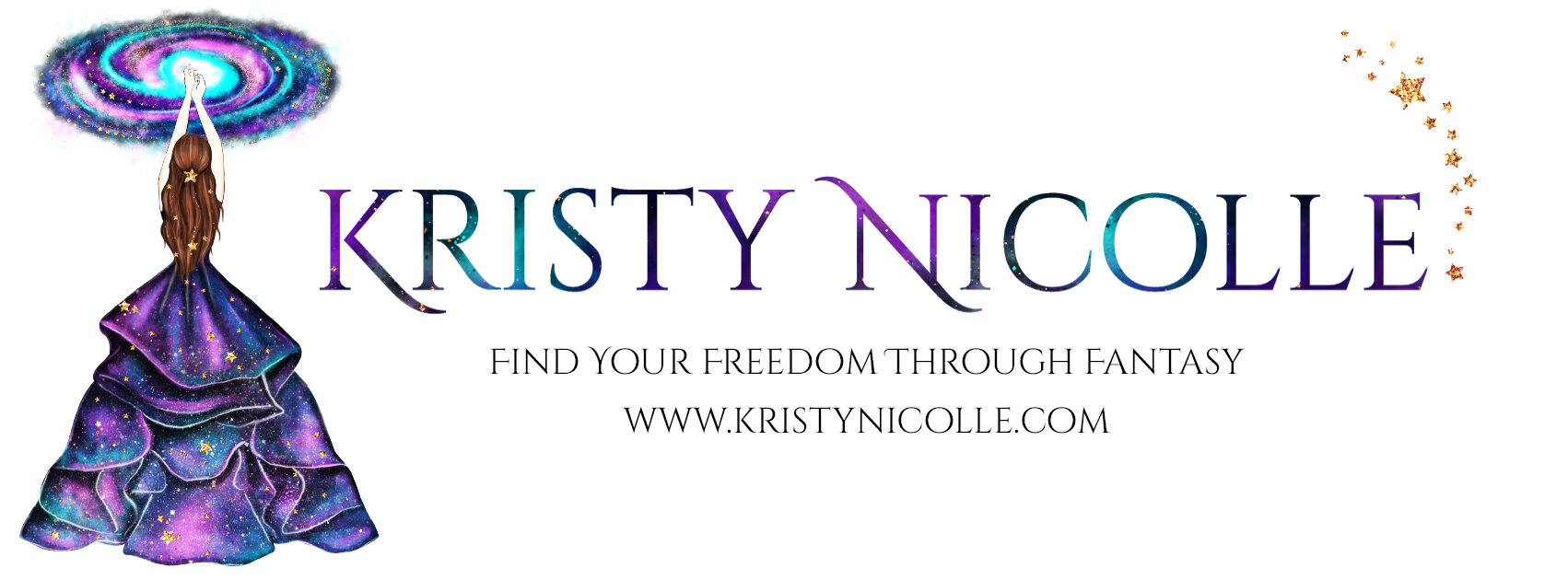

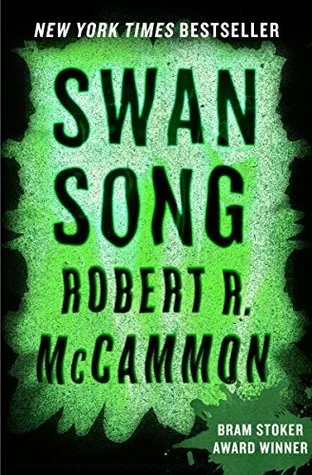

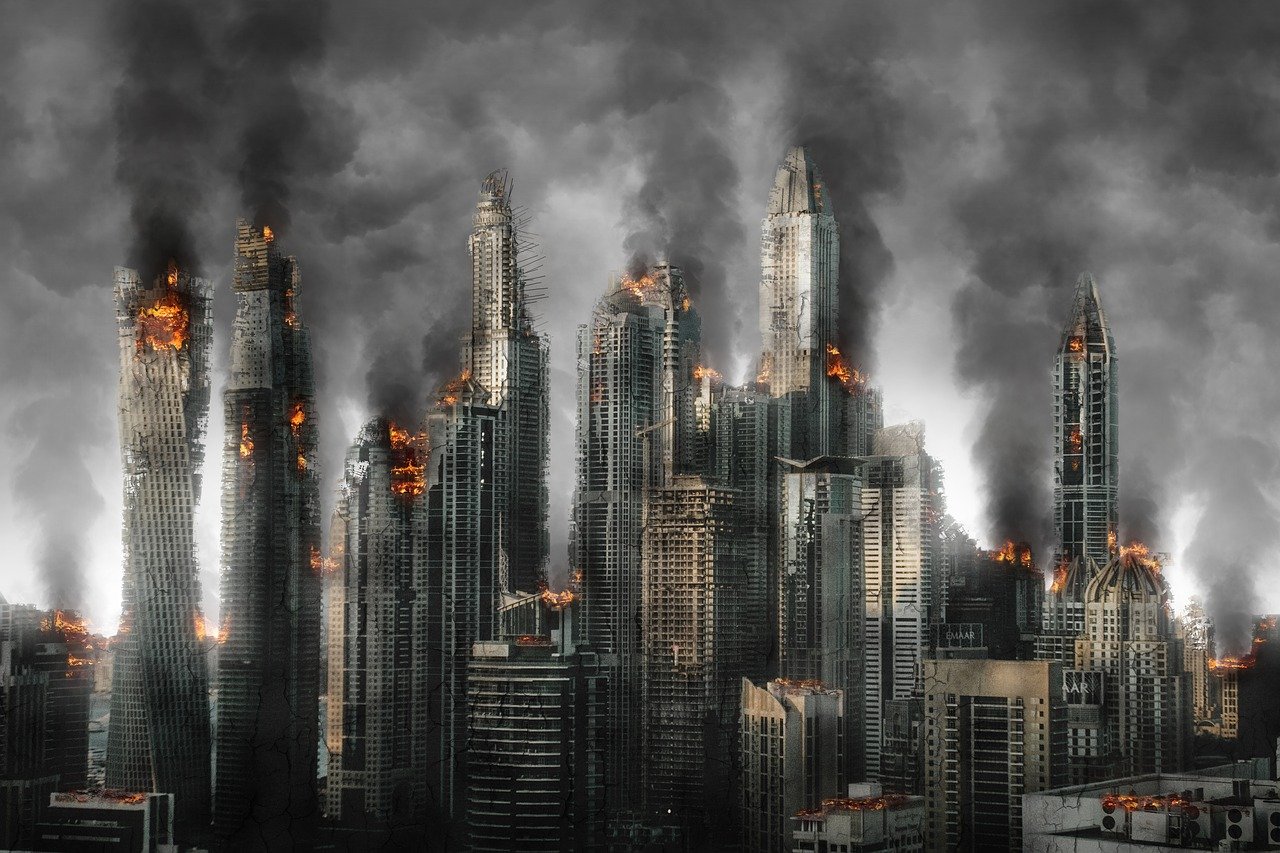
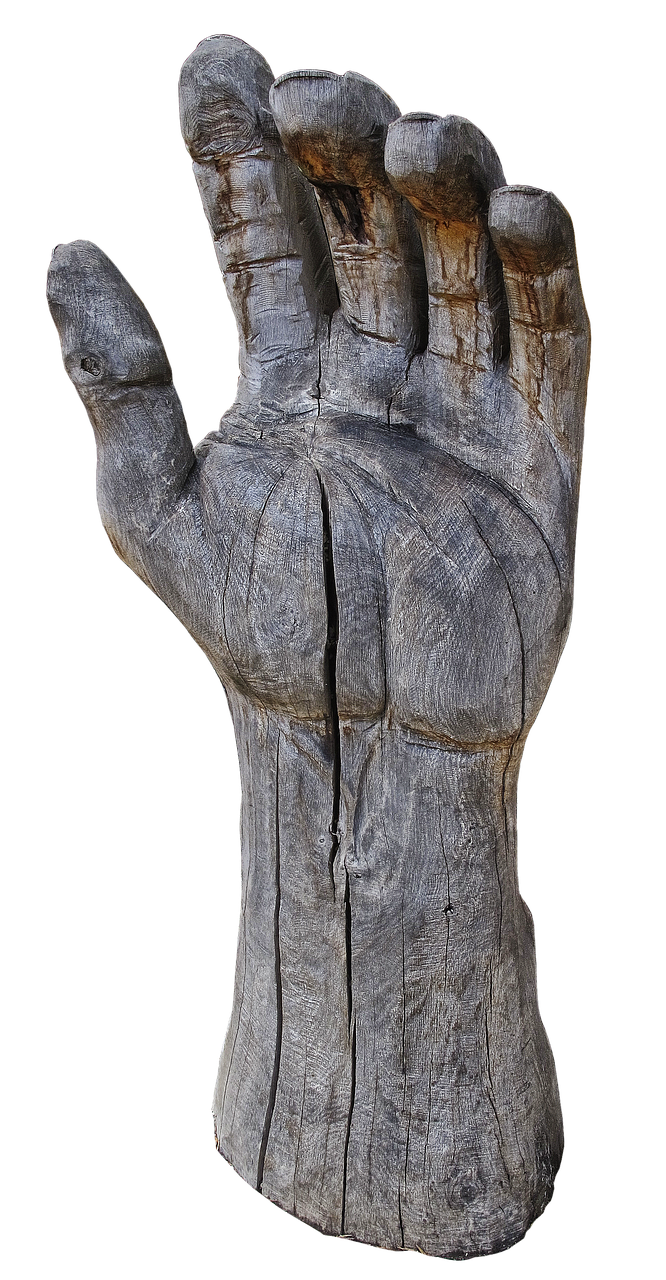



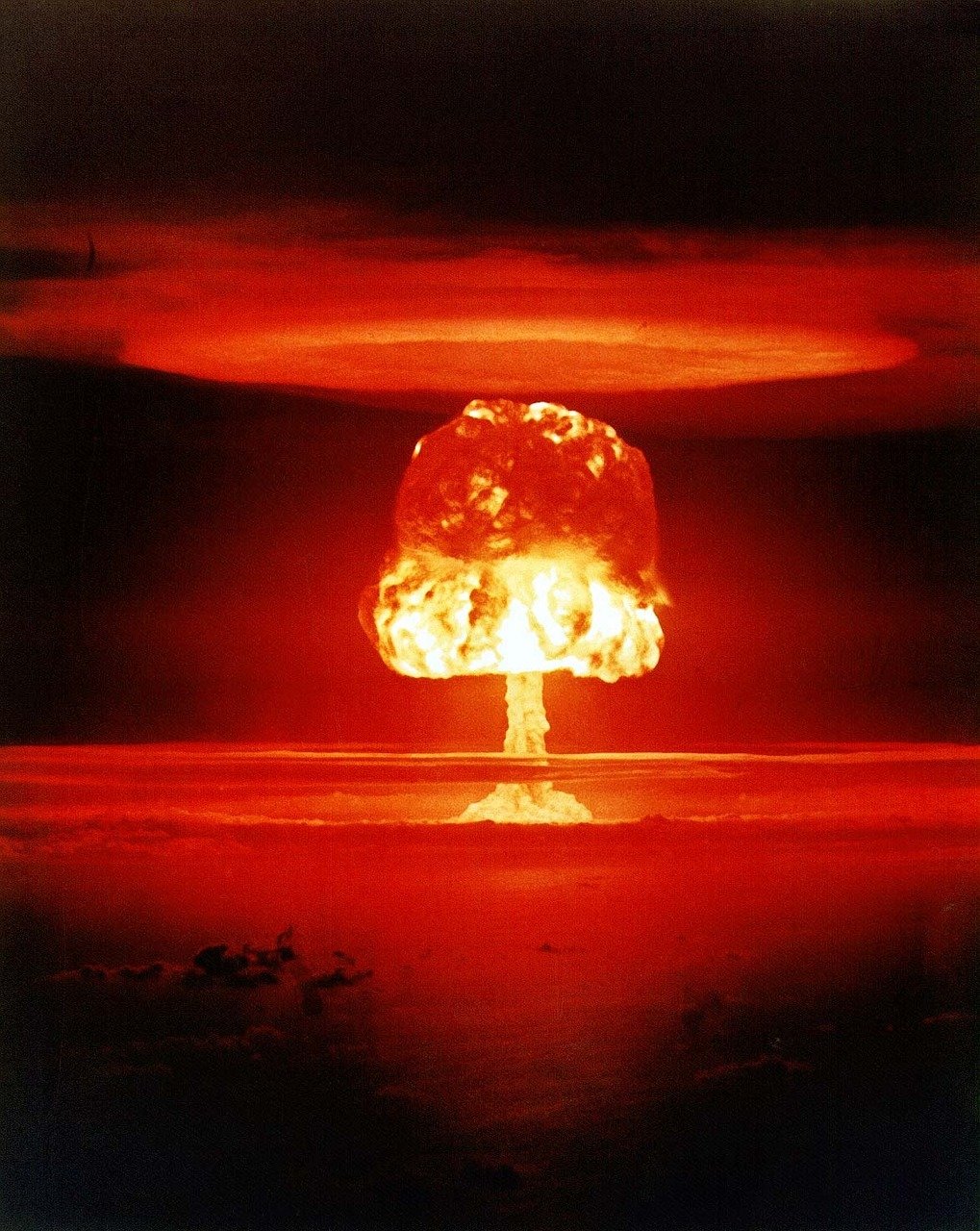
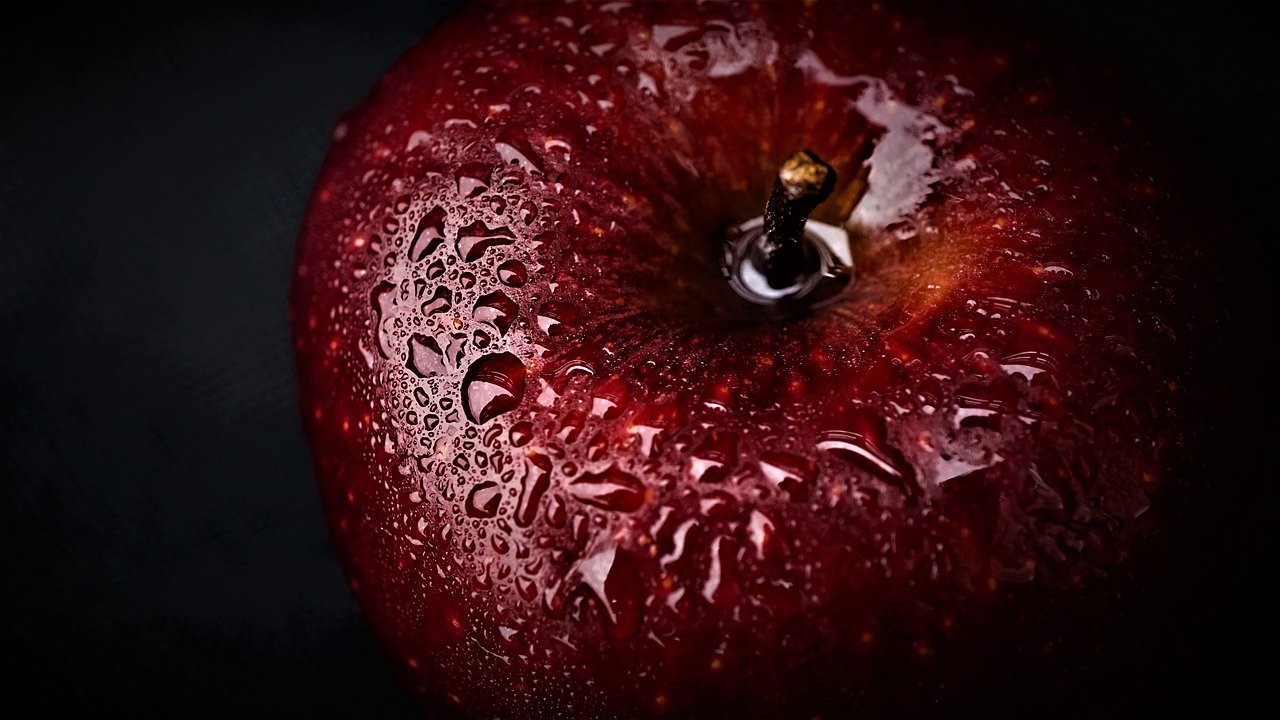








When I told my Barista, Jess, that I was looking for a long series to hold my attention, she was flabbergasted to discover I’d never read the Sookie Stackhouse novels, or seen the show True Blood, which is based off them. In between customers who had come in for their daily dose of Botany and Beans magic, she got up google and started showing me some of the ovary-busting hotness that is the male half of the True Blood cast. Colour me intrigued. I found myself downloading the first book there and then, right in the coffee shop. This is my review of the first instalment, Dead Until Dark.